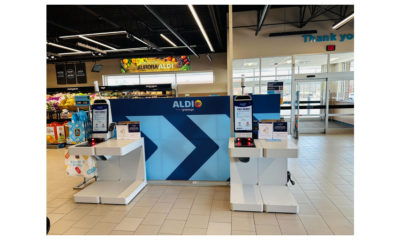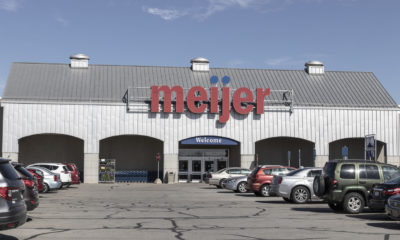When I was little, the TV ads used to instruct us to send our contest entries to P.O. boxes in “New York, New York.”
I always thought they said it twice for emphasis, because the city was so big and important.
We found out on September 11 how important our enemies think it is.
Those twin towers were a powerful testament to that importance. They stood there as a pair, as if to say – and then punctuate – “New York, New York.”
I knew a New York in which they had not yet existed. Now we all know that New York again. Standing outside the chain-link fence in October, seeing rubble and dust and smoke and workers bustling, I thought of a similar scene in 1970 or 71, when the towers were going up. But that was a scene of expectation and promise. This was a scene of despair and dread.
Advertisement
New Yorkers don't do well with despair and dread. Their resonant “forget about it” is a challenge, an in-your-face assertion that they've got things under control. Control may be something New Yorkers won't feel in their marrow for a long time. And neither may the rest of us.
But we're trying.
It may seem glib to say we must go on lest the terrorists will have won. But there's something to that. During foreign wars, we always sought a reassuring home life. A seminal song of World War I was “Keep the Home Fires Burning.” And during World War II, movies churned out messages of victory abroad and make-the-best-of-it bravery at home. Radio kept the troops in touch with popular songs and baseball scores. President Roosevelt decreed that baseball should carry on, for domestic morale. Bob Hope brought chorus girls to the front, not to tease the GIs but to bring a sense of normalcy to their lives, and to remind them of the America they were fighting for.
When I paid my respects to New York, earlier this fall, the downtown neighborhood was still filled with remnants of the tragedy. The smell of something burning permeated the air. Trucks rolled up the avenues with enormous hunks of steel on their flatbeds. Store windows, fences and walls were adorned with hand-drawn cards from schoolchildren all over the United States: “God Bless America.” “Thank you, firemen.” “We (love) New York.” And everywhere were the pictures of loved ones still not found, those excruciating cries for hope and help from people who didn't yet know, even though they knew.
But there were also people going about their Saturday mornings in the teeming neighborhood, picking up their dry cleaning and buying produce at the Farmers Market on Chambers Street.
Life does and will go on. It always has. History shows us that our world was never the same after Dec. 7, 1941 (a day to which Sept. 11, 2001, is frequently compared). We went into that war isolated and unworldly. We came out with the capacity to destroy the planet, involved in international entanglements that produced decades of fear and suspicion.
Advertisement
But we also came out with an arsenal of technology – computers, transistors, television, rocketry – with which we set out to improve the world.
Similarly, we'll look back to see that we were never the same after Sept. 11, 2001. What will have changed? Only time will tell us that. Will we be a better society? Thousands of firemen, policemen, construction workers and volunteers suggest that we could be.

 Photo Gallery6 days ago
Photo Gallery6 days ago
 Headlines2 weeks ago
Headlines2 weeks ago
 Headlines6 days ago
Headlines6 days ago
 Headlines1 week ago
Headlines1 week ago
 Headlines2 weeks ago
Headlines2 weeks ago
 Headlines7 days ago
Headlines7 days ago
 Designer Dozen2 weeks ago
Designer Dozen2 weeks ago
 Special Reports2 weeks ago
Special Reports2 weeks ago














